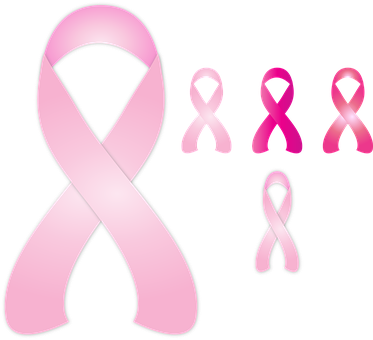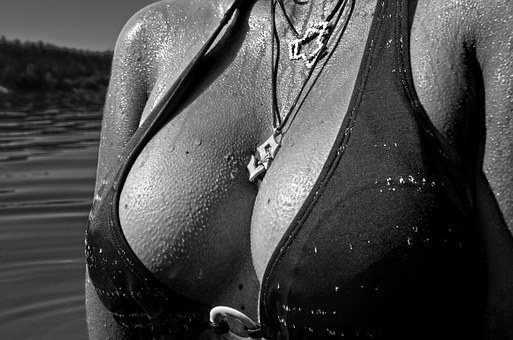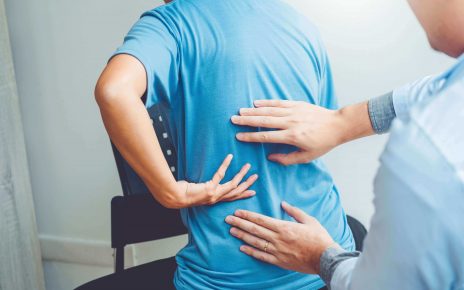If your doctor recommends surgery for treatment of breast cancer, you have the option to ask questions before you have the procedure. You will want to know which surgery your doctor recommends, how long will your stay in the hospital be, and is a partial mastectomy a possibility? What about lymph nodes, will they be removed, how many, and why are they being removed?

How will you feel before, during, and after surgery? How long will your hospital stay be? Other questions you may want to ask are, will you need to take care of your incision? What will the scars look like? Will you have a full range of motion in your shoulder and arm if lymph nodes are removed? Are there special exercises to do? What about special care for the underarm and breast area? Someone who has already had the surgery and recovered may answer these questions. Always know the facts before you have surgery. You will want to know the expected recovery time, and any limits you will have on physical activity.
 Once you have had surgery, you may feel out of balance with your body. If you have a breast removed, it may take time for you to adjust to the change in your body, especially if your breasts are large. It may cause extra discomfort or pain in your upper back and neck, and your muscles may feel stiff and weak. You will be referred to a physical therapist that will suggest exercises and ways to regain movement and strength in the surgery area. Exercise can help reduce pain and stiffness in the arm and breast.
Once you have had surgery, you may feel out of balance with your body. If you have a breast removed, it may take time for you to adjust to the change in your body, especially if your breasts are large. It may cause extra discomfort or pain in your upper back and neck, and your muscles may feel stiff and weak. You will be referred to a physical therapist that will suggest exercises and ways to regain movement and strength in the surgery area. Exercise can help reduce pain and stiffness in the arm and breast.
Removing lymph nodes require you to take special care of your arm and hand for the rest of your life. Removing the nodes also restricts the flow of fluid and it may build up in your arm and hand causing swelling. Protecting your arm will become a major priority. You will need to carry heavy purses or luggage with the unaffected arm and avoid tight clothing or jewelry on the arm that swells. When having shots, medical procedures, or blood pressure readings, always use the unaffected arm. It is also important to protect your hands if using harsh detergents or gardening. Wearing gloves is recommended for these activities. Avoid sunburns, and take special care when cutting nails and cuticles on the swollen arm. Use an electric razor when shaving under the arms to avoid nicks or injury.
If lymphedema, or swelling of the lymph nodes occurs, your doctor may recommend wearing an  elastic sleeve to improve circulation. Raising their arm over their head, and using medication, massage, or a machine that helps removed fluid from the affected area.
elastic sleeve to improve circulation. Raising their arm over their head, and using medication, massage, or a machine that helps removed fluid from the affected area.
Many different things can cause the retaining of fluid in the arm. The weather, clothing, injury, and physical activity all will have an impact on fluid retention after lymph nodes are removed. Always contact your doctor if your arm is injured, is abnormally swollen, or if your arm feels red and warm. Special care should be given to your arm if you are bitten by an insect, have a cut, sunburn, or another injury to your arm.



